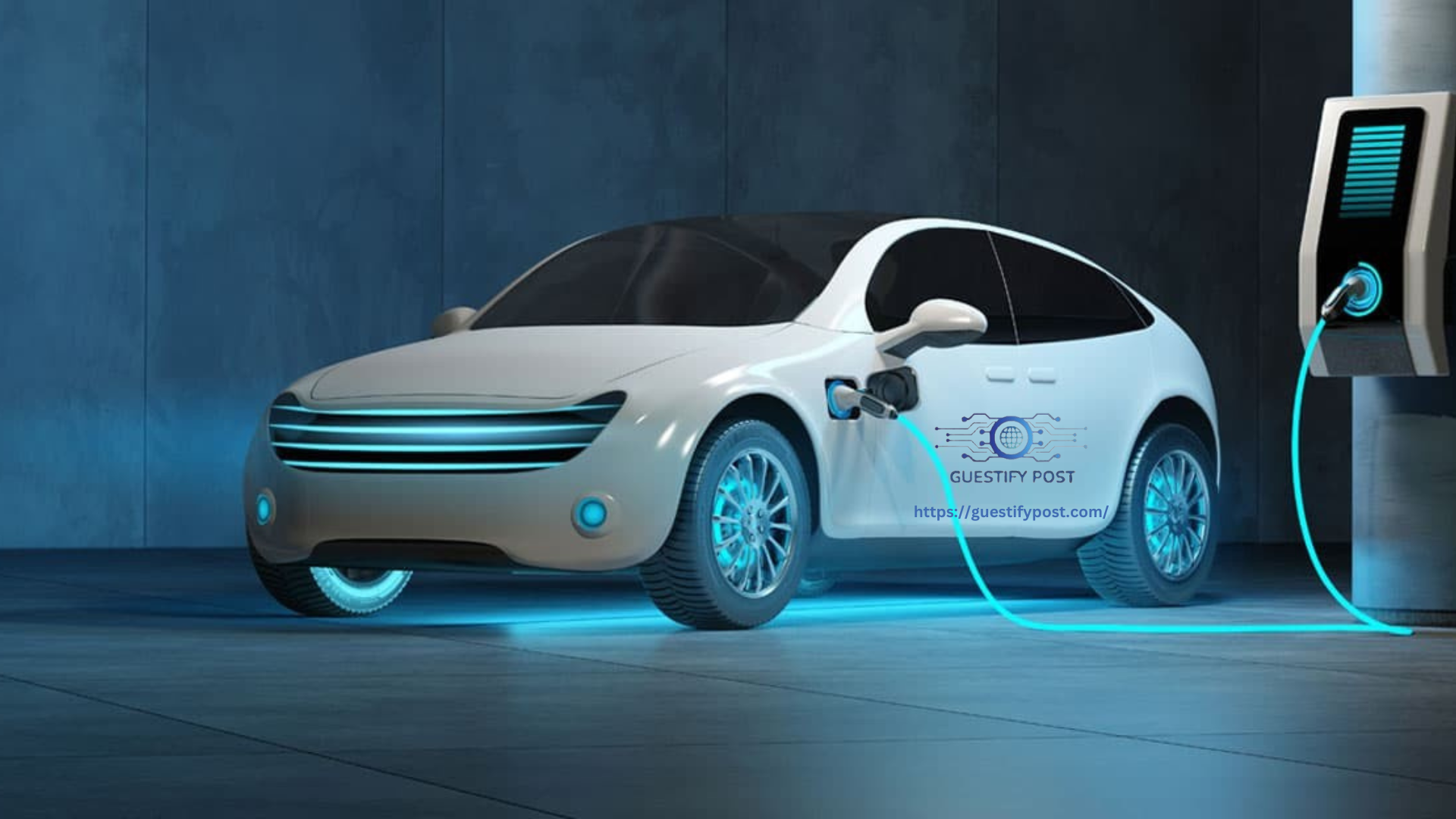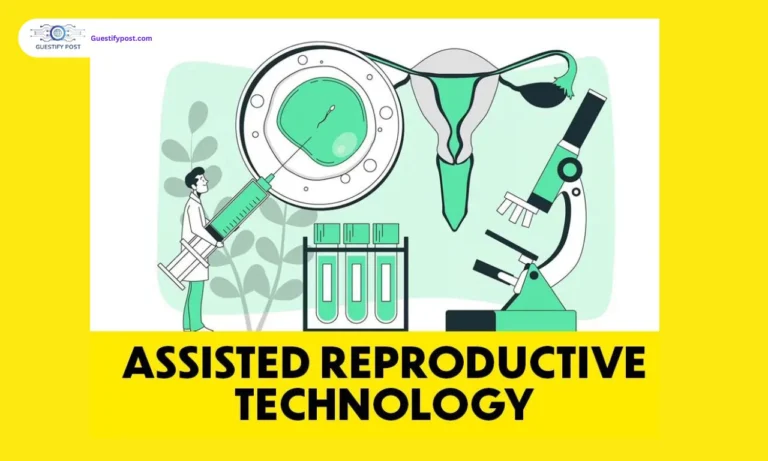Exploring the Benefits of Electric Vehicle Businesses
In today’s period of increased environmental consciousness and technical growth, the electric vehicle (EV) sector has emerged as a symbol of innovation and sustainability. As companies throughout the world try to negotiate the changing environment of transportation, incorporating electric cars into their operations offers a myriad of options and benefits. In this in-depth examination, we look deeply into the numerous benefits that electric car firms may uncover, defying established paradigms and ushering in a new era of mobility.
1. Reduced Operating Costs
Transitioning to electric cars provides an inviting chance for firms looking to reduce operational expenses. Unlike traditional internal combustion engine cars, EVs have a simpler, more efficient transmission with fewer moving sections. As a result, servicing costs are much lower because there is no need for frequent oil changes, expensive engine tune-ups, or exhaust system repairs. Furthermore, the cost of lighting, which powers electric cars, is frequently lower and more stable than the variable rates of diesel and gasoline, resulting in significant long-term savings for businesses.
2. Environmental Sustainability
At the center of the electrical vehicle revolution is the huge impact it has on the environment. EVs play a major part in decreasing pollution in the air and lowering greenhouse gas emissions since they do not utilize typical energy sources and have zero emissions from the tailpipe. Businesses that use electric cars may show a visible commitment to green stewardship, aligning with global environmental targets and lowering their carbon impact. This not only improves public impression, but also promotes a feeling of business responsibility, resulting in long-term brand loyalty and trust among environmentally concerned consumers.
3. Market Growth Potential
The electric car sector has seen remarkable development and creativity, driven by improvements in technology, governmental rewards, and changing customer preferences. Businesses who adopt electric vehicles place themselves at the center of this harmful wave, earning on the growing demand for environmentally friendly transportation solutions. With governments throughout the world making significant investments in EV infrastructure and pushing electric car adoption through tax credits and subsidies, businesses will get access to a fast increasing market ripe for development and expansion.
4. Government Incentives
Countries through the globe are growing aware of the importance of green automobiles in battling global warming while fostering equitable growth. As a result, they have created a variety of programs and subsidies to encourage firms to switch to electric cars. These benefits might include reductions in taxes for adopting electric vehicles, funding for installing charging infrastructure, and preferred treatment in government contracts. By taking advantage of these advantages, businesses may offset the early investment costs of electrification and speed their shift to a greener, more sustainable future.
5. Technological Advancements
The electric vehicle sector advances swiftly through tech innovation and creativity, constantly enhancing car performance, efficiency, and customer satisfaction. Renewable energy vehicles lead in innovation, featuring advancements in battery storage, driver-assistance technologies, and assisted features.. Electric vehicle adoption boosts efficiency and unlocks new business and revenue opportunities.
6. Generate New Sources of Value
The adoption of electric cars creates several potential for businesses to produce new sources of value and income. Businesses can explore auxiliary services such as electric vehicle charging, energy storage, and fleet management alongside selling electric vehicles. Companies can grow and deliver value to customers and stakeholders by entering new markets, partnering strategically, and embracing sustainable mobility.
7. Brand Image and Customer Loyalty
In an era of ethically conscious consumers, adopting electric cars can greatly enhance a company’s brand image. Businesses emphasizing sustainability and ethics can differentiate themselves, appeal to conscious consumers, and build strong brand loyalty. Adopting eco-friendly transport initiatives can elevate a company’s brand and appeal to green consumers.
8. Diversification and Risk Mitigation
Integrating electric cars into a company’s fleet portfolio provides natural diversity and risk reduction measures. Firms can mitigate risks from fuel volatility, supply disruptions, and regulations by minimizing fossil fuel and traditional transport use. Electric cars provide a sustainable and reliable transportation option, reducing exposure to environmental regulations, geopolitical issues, and market fluctuations.
9. Enhanced Employee Satisfaction and Productivity
The introduction of electric cars can also improve employee happiness and productivity. Adding electric vehicles to benefits and fleets boosts brand appeal, attracts top talent, and promotes sustainability and innovation. Electric cars often offer a quieter, smoother ride than traditional vehicles, enhancing the driving experience for employees. This can lead to increased job satisfaction, reduced stress, and greater productivity for frequent travelers.
10. Long-term Cost Predictability
Electric cars provide organizations with a high level of cost certainty over time. Electric vehicles ensure stable costs and less maintenance than traditional cars with fluctuating fuel prices and upkeep expenses. Switching to electric cars helps businesses cut costs, minimize risks, and achieve financial stability.
11. Access to Government Contracts and Funding Opportunities
Businesses that integrate electric cars into their operations may receive preferential consideration in government procurement procedures and financing possibilities. Governments promote green transportation through procurement guidelines and subsidies, rewarding companies that adopt electric vehicles. Businesses that integrate their operations with government sustainability objectives and use their electric vehicle fleets as a competitive advantage might increase their eligibility for government contracts and receive additional funds for future development and innovation.
12. Driving Innovation and Industry Leadership
Using electric cars may help businesses establish oneself as industry leaders and innovators. Businesses that actively adopt sustainable mobility solutions and invest in electric car technology may differentiate themselves from rivals, attract top personnel, and stimulate industry-wide innovation. Furthermore, firms who pioneer electric vehicle adoption may gain a competitive edge, positioning themselves as market leaders and determining the future of mobility via research, development, and engagement with industry partners and stakeholders.
Conclusion:
Electric cars offer benefits like cost savings, environmental protection, market growth potential, and technological advancements. Businesses who realize the promise of electric cars will gain a competitive advantage in a quickly changing world. Utilizing eight crucial benefits, electric car companies can foster sustainable success and a greener future.








2 Comments